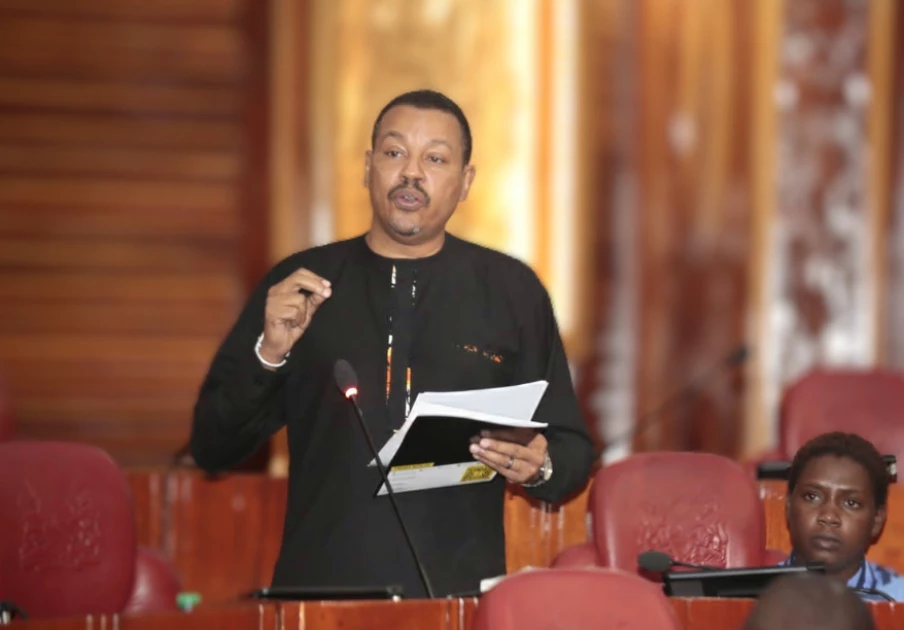Amnesty International urges the Kenyan government to lower the life sentence to 20 years in prison.
This comes after the Judiciary proposed changing the punishments to capital offenders.
The National Council on the Administration of Justice (NCAJ), acting through the National Committee on Criminal Justice Reforms (NCCJR), is proposing to amend the Criminal Procedure Code (Amendment) 2023 and the Penal Code (Amendment) Bill 2023 to reduce the sentences of sex offenders, murderers, and those facing life in prison to 30 years.
Irungu Houghton, executive director of Amnesty International Kenya, says the human rights group wants the sentence shortened to 20 years and changed to emphasize rehabilitating offenders into law-abiding citizens rather than treating them more like punishment.

Did you read this?
"As Amnesty International, we would press for 20 years and if 20 years is not acceptable in the country, then 30 would be sufficient. The way to look at life imprisonment is not as a way of locking people away for a long period of time but creating the conditions for people to be rehabilitated so that they can return to society," Houghton told Citizen TV during Wednesday's Day Break program.
"For those that show no signs of remorse, they can stay there for the full period."
Kenya's current legal system, which was established in the 1930s by Britain, the country's former colonizer, stipulates that a person found guilty of murder, violent robbery, or treason may face the death penalty.
The Judiciary wants parliament to accept a modification to Section 112A of the Penal Code, specifically to substitute the term "second-degree murder" for the word "manslaughter" in subsection (4).

The "principal act," or Section 4, of the Penal Code, is being amended by the Judiciary to remove Sections 66, 153, 154, 155, 171, 173, 182, 191, 192, 193, 194, 195, 196, 197, 198, 199, and 200.
Additionally, they want the words "for life" removed from Sections 220 and 222 and replaced with the phrase "for a period not exceeding thirty years."
However, according to Houghton, the Armed Forces Act needs to be updated because it contains clauses that uphold the "death penalty."
"The term for life imprisonment needs to be stated in the Armed Forces Act," he stated.

The NCAJ, presided over by Chief Justice Martha Koome, is also in favor of doing away with Section 203 and substituting new standards for the various degrees of murder.
The council argued that if someone kills another person by doing or attempting to do an illegal act or omission or by acting with malice, then that person has committed first-degree murder.
Some are poisoning, inflicting severe injuries, or carrying out any other type of intentional, malicious, and planned killing.
According to NCAJ, the main objective of this bill is to amend the Penal Code to include language that is respectful of the human rights of individuals who have psychosocial and intellectual disabilities.
Additionally, the bill aims to protect intersex persons involved in the criminal justice system by amending the Penal Code.
The primary objectives of the Criminal Procedure Code (Amendment) 2023 Bill are to review the rules about transferring cases between magistrates and to harmonize the Criminal Procedure Code with the provisions of the Magistrate's Courts Act 2015.
It also aims to eliminate all security-related provisions for good behavior and peacekeeping, as well as shorten the operational period for suspended sentences.









